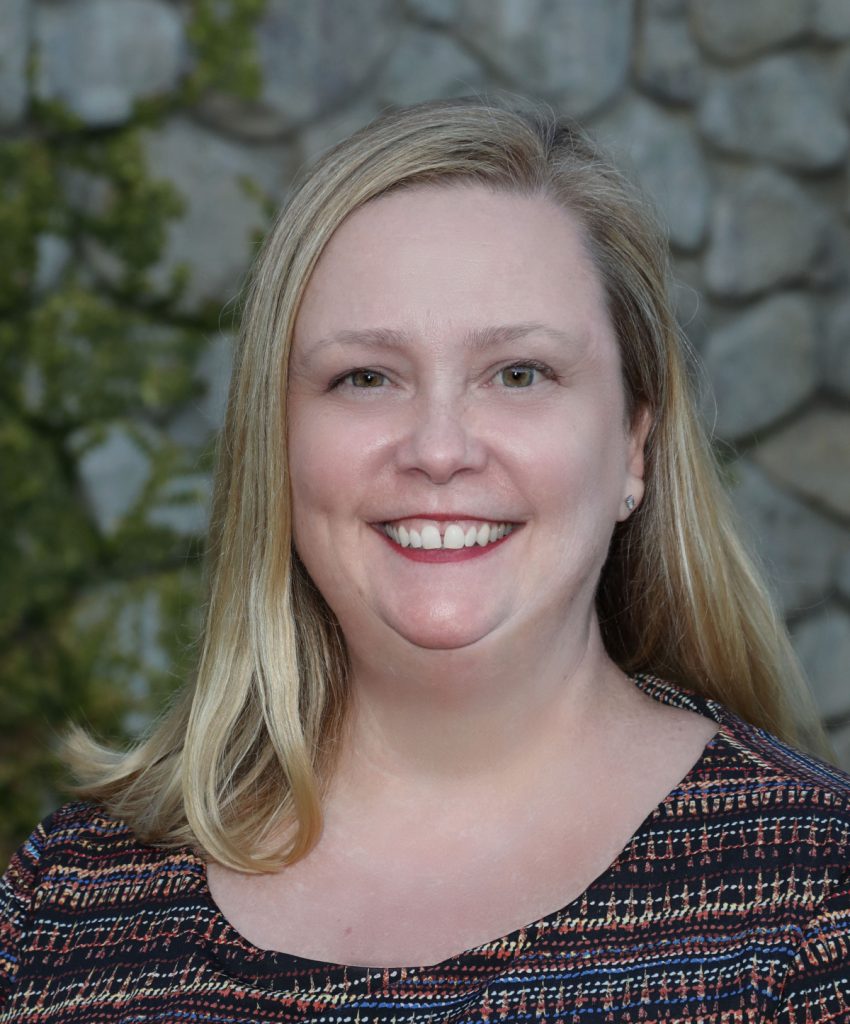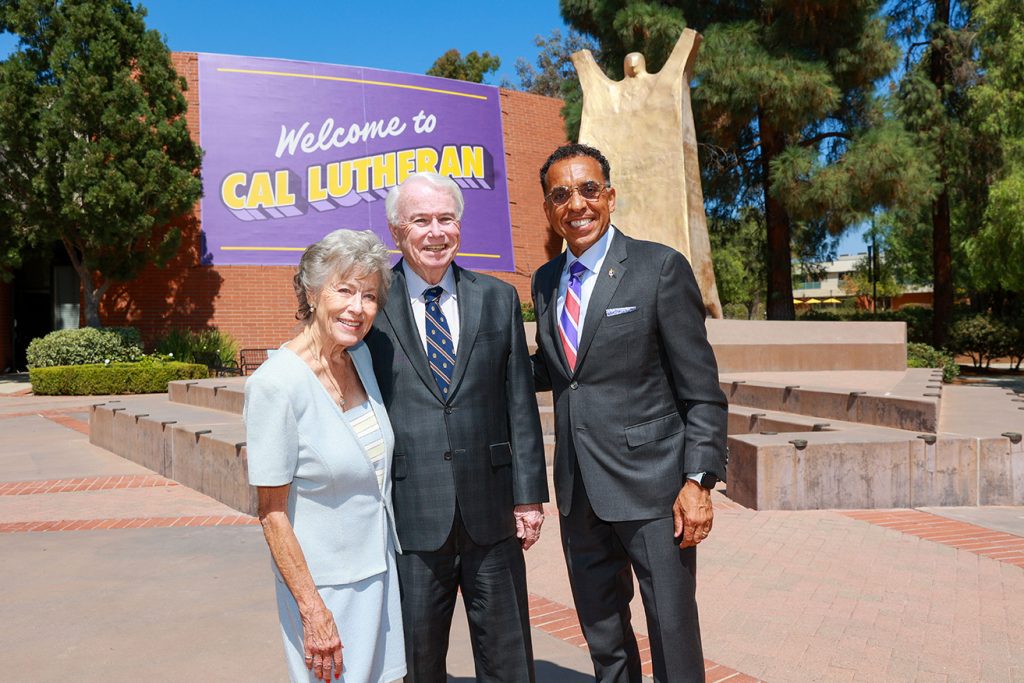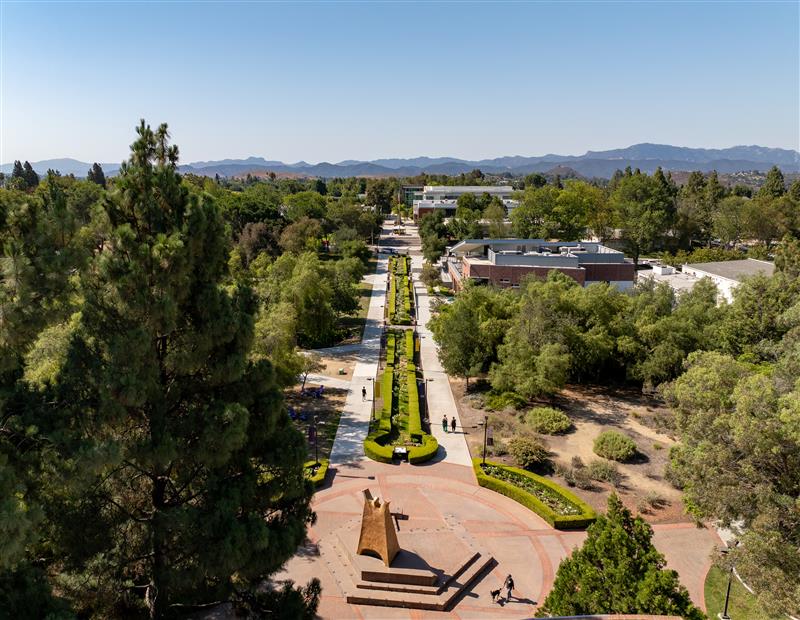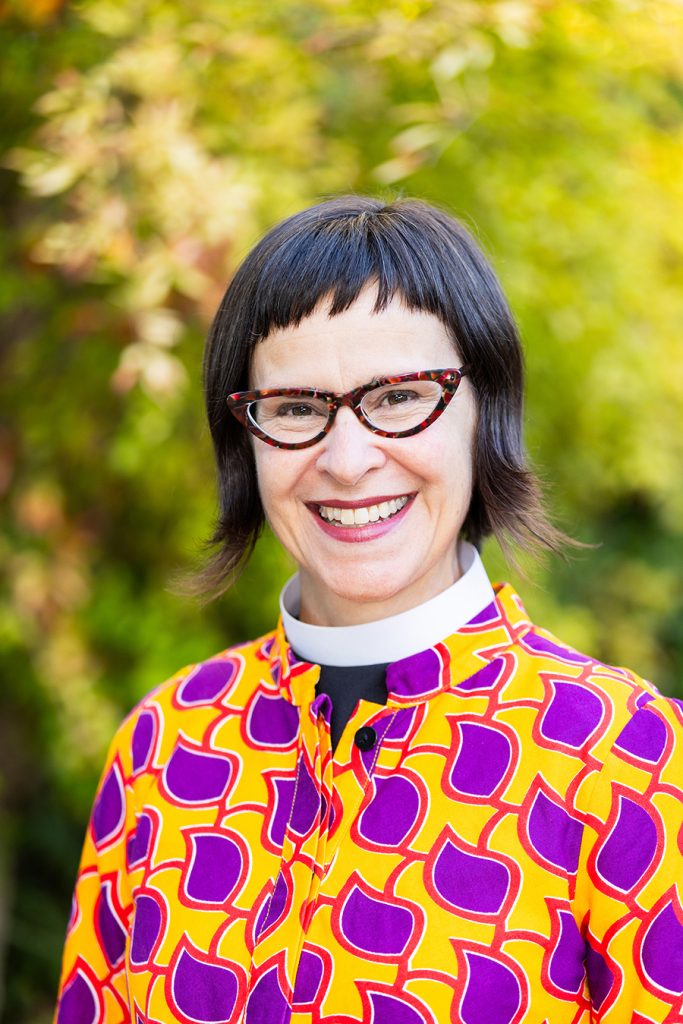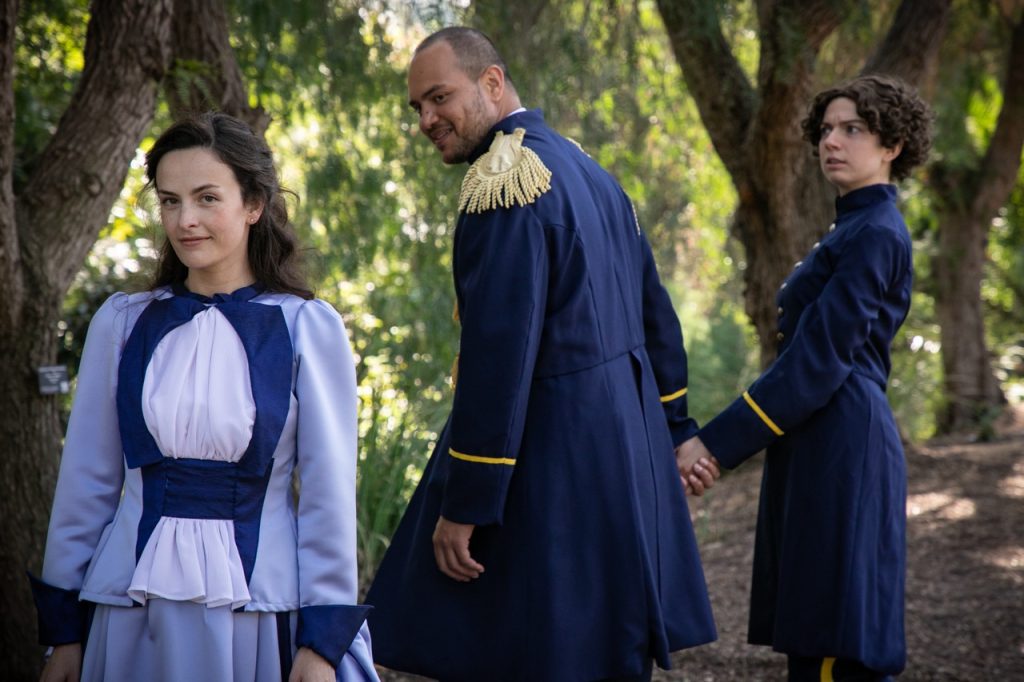For millions of Americans, mental health is in focus like never before.
With a reduction in the stigma surrounding treatment and advancements to improve access, especially the rise of telehealth during the COVID-19 pandemic, seeking therapy has become increasingly commonplace.
Data from Statista reveals a substantial rise in the number of Americans receiving mental health treatment. In 2023, over 59 million U.S. adults reported going to therapy or counseling the previous year, up from 34 million in 2013.
California Lutheran University’s Community Counseling Centers are meeting the demand. The two facilities in Westlake Village and Oxnard serve a dual purpose: providing low-cost therapy sessions to the community while simultaneously preparing the next generation of clinicians for meaningful careers.
Everyone who comes through the doors is seen by a graduate student backed by a team of licensed professionals. Rick Holigrocki, PhD, dean of the university’s Graduate School of Psychology, oversees the centers.
“We’re unique in that we’re equally client-centered and student-centered,” Holigrocki said. “We want to make sure our students are getting the best education and being trained on state-of-the-art tech and at the same time, we’re looking very carefully to make sure we’re doing efficacious work and the clients are satisfied.”
Putting theory into practice
The first Cal Lutheran counseling center was established on campus in the 1970s. Today, the Oxnard and Westlake Village clinics facilitate around 10,000 sessions a year, offering individual, couples and family care ― in English and Spanish ― for as little as $25 a visit. External grants allow some clients to be treated completely free of charge.
Designed to fulfill their shared mandate, the clinics boast 17 well-furnished meeting rooms equipped for both in-person and telehealth sessions. An adjoining workspace provides students with access to computers for session review and note-taking. All records are securely stored digitally within an encrypted system to ensure client privacy and confidentiality.
Approximately 60 students are available to provide therapeutic services each year, making it one of the largest university-based counseling centers in North America, Holigrocki said. The students staffing the centers are pursuing either a five-year doctoral degree in clinical psychology (PsyD) to become a licensed psychologist or a two-year master’s in counseling psychology to become a marriage and family therapist (MFT).
Cal Lutheran has one of the largest university-based counseling centers in North America.
Rick Holigrocki, PhD
“Clinical experience, working with real clients, is always part of a graduate student’s training,” Holigrocki said. “They spend their first year in the classroom learning theory from the textbooks but, beginning their second year, they’re working with people in the community, providing mental health services under the supervision of licensed professionals.”
Unlike those at other schools, Cal Lutheran students don’t have to leave the university setting to get their necessary clinical hours toward graduation.
“That’s a big win for them coming here because we will guarantee them a position at our clinics,” Holigrocki said. “It makes everything very seamless. The students love that.”
One of those students is second-year Javier Cano. Born and raised in Oxnard, Cano decided he wanted to become a therapist after going through a personal tragedy: At age 18, he lost his father, 49, to a sudden heart attack.
“My boyfriend was like, you should see someone, you should talk to someone, and I ended up finding a therapist, and she helped me a lot,” Cano said. “I thought, if she did that for me … then I can do that for other people.”
Cano, who is on the MFT tract, experienced a wave of nerves as he prepared for his first client session last year. The fact that the patient was a child only heightened his anxiety.
“I hadn’t been around children most of my life, so I didn’t really know how I was going to respond … but that first session ended up changing my perspective on everything,” he said. “At first, he was running around the whole room, but eventually, I was able to have him sit down and talk to me.”
Now Cano is open to working with children as a career, though he prefers couples.
One of the key benefits of the centers is that they give students the opportunity to work with a diverse set of patient groups — young and old of all genders, individuals, couples and family groups.
“We try to make it so this is an experience where they’re exposed to a wide swath of what’s out there,” Holigrocki said.
Second-year PsyD student Dar Farzaneh said his time at the clinics has reaffirmed his commitment to the field.
“There’s almost always a moment during each session where it hits me, ‘This is why I’m doing this,’” Farzaneh said. “Maybe it’s the patient expressing that something has been helpful or saying they’re enthusiastic about coming into a session. There’s those moments where I get a sense I’m making a difference, it’s helping.”
…I can spend the rest of my life trying to help people make the most of their lives.
Dar Farzaneh, second-year PsyD student
After completing his undergrad at UC Davis in 2006, Farzaneh’s life took an unexpected turn. A biology major, he considered becoming a doctor, but after a parent’s medical condition forced him to remain close to home, he ended up spending two decades in the restaurant and hospitality business, the last 10 years as a bartender.
The pandemic was a catalyst for change, prompting him to re-examine his life and finally pursue his long-held dream of helping others. Farzaneh specializes in Dialectical Behavior Therapy, a type of psychotherapy that’s often used to treat patients who struggle to regulate their emotions. Jamie Bedics, PhD, one of Farzaneh’s professors, is a leading expert in the field.
“When I’m in (the sessions) I’m getting this sense that I can spend the rest of my life trying to help people make the most of their lives,” Farzaneh said. “Working in the clinic, helping provide people the opportunity to get affordable care, it’s extremely rewarding.”
Graduates return to give back
One clear sign of the program’s viability: several graduates have returned to serve as supervisors at the clinics, providing students with the same support they received when they were therapists in training. Among them is Rochelle Gillespie, MS ’19, who graduated from the MFT program.
“Honestly, doing the two-year program (at Cal Lutheran) was single-handedly the greatest decision of my life,” said Gillespie, current program director of ROWI Teen & Parent Wellness Centers in Thousand Oaks.
Gillespie said the jump from classroom to clinic can be overwhelming. No matter how prepared a student feels going in, there’s also that feeling of “imposter syndrome.”
“It’s intimidating … it’s a completely different ballgame sitting and being in a room with a client,” she said.
Having the support of experienced therapists was critical to Gillespie’s success during her time as a student at the counseling centers. Now she’s returning the favor.
Every counseling session conducted by a student is digitally recorded and subsequently reviewed by a licensed professional. These recordings are then utilized in both one-on-one meetings between the student and their supervisor and in group supervision settings.
“Even though it can be uncomfortable watching that video back with a supervisor, it is so helpful having that one-on-one time and having someone observe what you’re doing and providing feedback,” she said. “My supervisor, she was so helpful. I learned so much from her. It was a goal of mine to go back and to be that person for somebody else.”
Another student-turned-teacher is Kristina Rodriguez ’08, MS ’10, PsyD ’15, who serves as assistant director of the Oxnard counseling center. Rodriguez earned her bachelor’s, master’s and doctorate all from Cal Lutheran; her colleagues sometimes joke she deserves her own parking space on campus.
“I think one of the things we do really well here is we help prepare students for everything they’re going to encounter as a clinician, and that includes some of the administrative components,” she said. “Our students are learning how to collect fees, how to maintain proper documentation, because those are things they’re going to have to be able to do to have a successful practice.”
Rodriguez, who is bilingual, is also passionate about the centers’ ability to serve Ventura County’s large Spanish-speaking population.
“There’s a lot of focus in the Hispanic culture on the family unit, being able to provide and care for one’s family,” she said. “So in trying to reduce the stigma around therapy, we try to emphasize that in order to better serve our families and communities, we have to first take care of ourselves.”
Now 10 years into his tenure as dean, Holigrocki credits the program’s sustained success to its alignment with Cal Lutheran’s commitment to caring for the underserved.
“The clinics really provide the community with a service, because mental health care is out of reach for so many people,” he said. “If you have two or three kids and they each need help, it can be very expensive and it’s hard to access. We try to break down those barriers and make it more accessible.”



